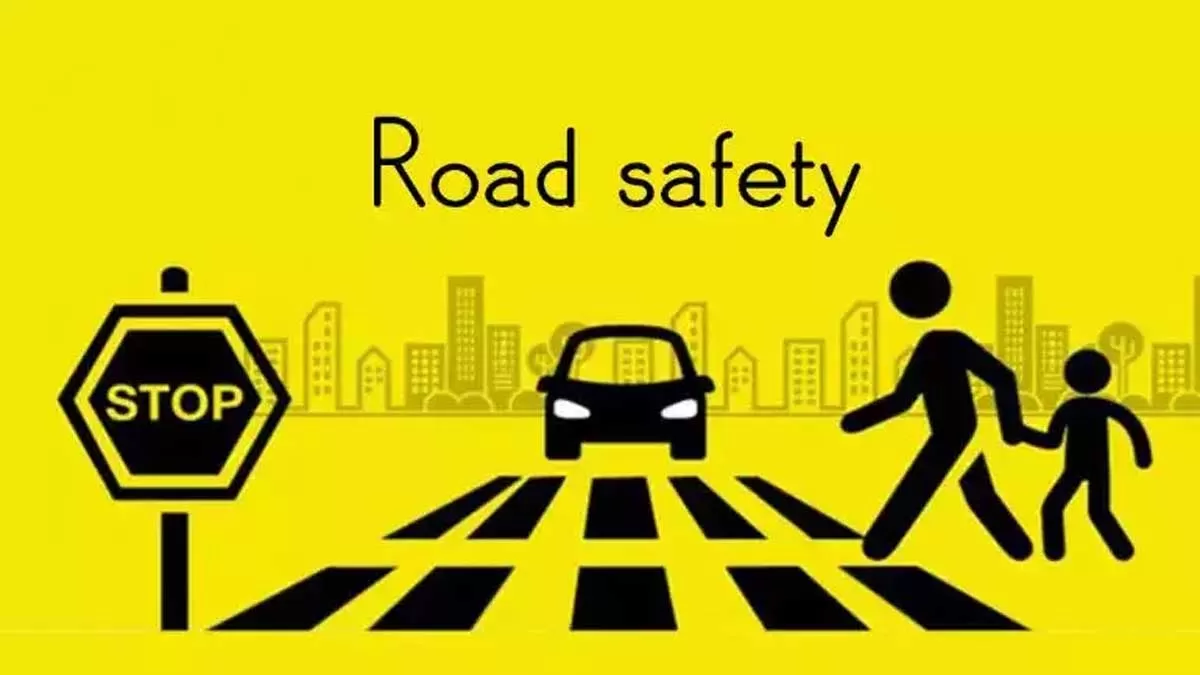The state of road safety remains one of India’s most pressing public health issues, with over 1.68 lakh lives lost in road accidents in 2022 alone. Despite technological advancements in vehicle safety and infrastructure, the core issues persist: a lack of awareness (65%) and weak enforcement of laws (52%). ParaSafe’s report dives deep into these concerns, highlighting the critical gaps in road safety awareness, particularly in Tier 2 and Tier 3 cities.
Rajesh Poddar, CEO of ParaSafe, expressed his thoughts on the findings: “Road safety isn’t just about following rules; it’s about saving lives. As an industry leader, it is our responsibility to promote accountability across all stakeholders—government, industry, and citizens. The findings reveal an urgent need to bridge gaps in road safety preparedness. At ParaSafe, we believe that awareness and accessibility to essential safety measures, like first-aid kits and harnesses, can significantly reduce accidents. It’s time we unite to ensure every journey on India’s roads is safer and more secure.”
Key Findings from ParaSafe’s Report The report brings to light several alarming statistics, underscoring the urgent need for improvement in road safety compliance across the country:
65% of respondents are not adhering to basic safety rules.
Awareness about ISOFIX child safety systems stands at a mere 26%, while only 19% are aware of child safety harnesses for two-wheelers.
Just 22% of respondents use rear seat belts regularly.
A staggering 80% of vehicle users have never checked whether their public or private transport vehicles are equipped with essential first-aid kits.
Regarding road accidents, 95% of people expressed a willingness to help accident victims, but 48% fear legal repercussions, and 32% lack the first-aid knowledge needed to assist effectively.
A Call for Comprehensive Action To address these gaps, ParaSafe recommends a multifaceted approach:
Nationwide Awareness Campaigns: Focus on schools, hospitals, and media platforms to instill a safety-conscious culture from a young age.
Stronger Enforcement Measures: Implement automated compliance systems, enforce higher penalties for violations, and mandate regular checks for safety equipment, including seat belts and first-aid kits.
Supportive Policies: Subsidies for safety tools, such as child seats and emergency kits, could help make safety more accessible to a broader population.
Education on the Good Samaritan Law: Training citizens on how to assist accident victims without fear of legal repercussions would foster a more compassionate and safer environment for all.
ParaSafe’s findings reveal that while many are willing to help, a lack of awareness and fear of legal consequences holds them back. This underscores the need for both policy changes and grassroots-level education.
As India continues its journey toward safer roads, the emphasis on awareness, compliance, and education will be key to reducing fatalities and building a more responsible road culture. The road to safer journeys is long, but with collective effort and commitment from all sectors, a significant difference can be made in saving lives.


